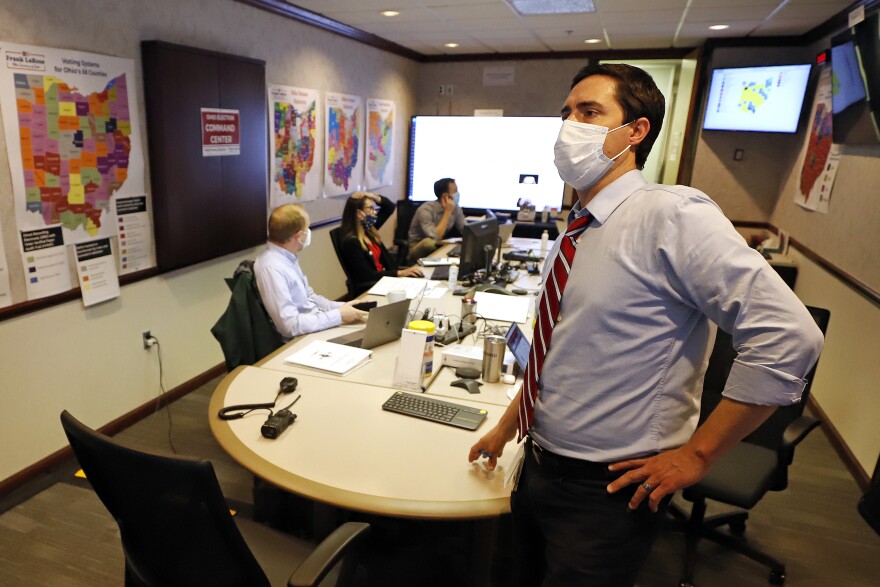Republicans in the Ohio House passed a fast-tracked bill that would make some changes in election law for the November election. The legislation was much different than the original plan opposed by voter groups, but it still failed to get any Democratic votes.
The bill from state Rep. Cindy Adams (R-Harrison) allows Secretary of State Frank LaRose to send absentee ballot requests to all 8 million registered voters. It moves back the absentee ballot requesting deadline from the Saturday before the election to one week before.
It also prevents a public official from moving the election date. State Rep. Scott Wiggam (R-Wooster) recalled the confusion after polls were closed the night before Ohio's March 17 primary.
“The last thing we need is a repeat of what happened in March election," Wiggam said.
Nearly all of the written testimony before the committee hearing came from opponents. Dozens of people and individuals opposed the bill, including the ACLU, the NAACP, the League of Women Voters of Ohio, AARP and the Ohio Council of Churches.
State Rep. Brigid Kelly (D-Cincinnati) spoke out against the proposal. She noted that Democrats had called for online absentee ballot applications and postage paid by the state – two things supported by LaRose, a Republican.
She added the bill should allow counties to have more than one early voting location.
“We are not doing right by our constituents if we refuse to make it easier for people to vote, and ease does not have to come at the expense of safety," Kelly said.
A previous version of the bill would have stopped in-person early voting the weekend before the election, but that was removed. Voting on that weekend has been set after court challenges from Democrats.
The bill now moves on to the Senate.



